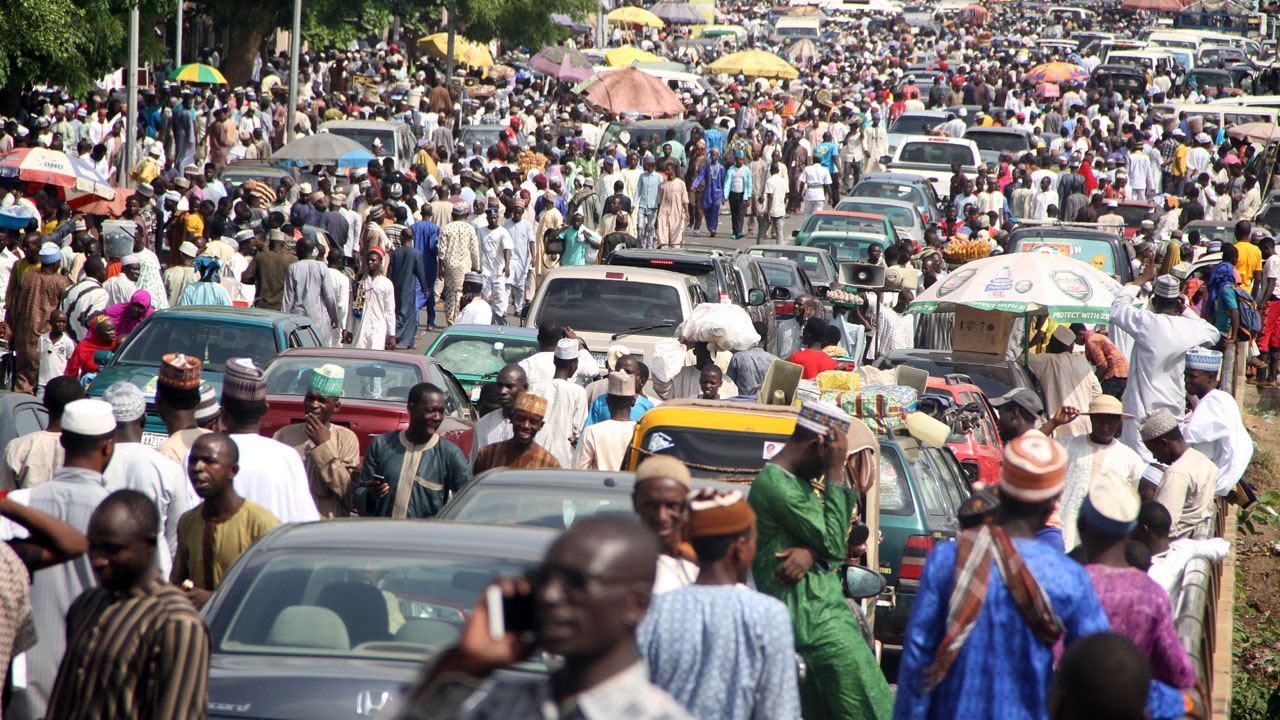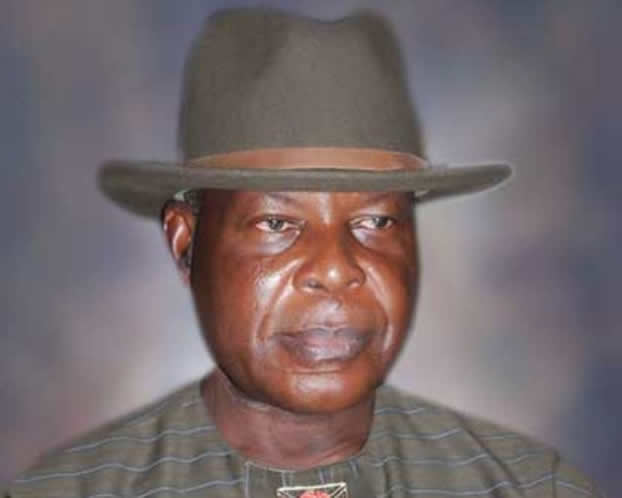Without Justice, No Future For Nigeria, Says Rescue Nigeria Forum
A “People’s Discussion” organised by the Initiative for Good and Informed Citizenship, better known as Rescue Nigeria, has given a verdict that the Nigerian state as currently constituted offers no hope for a better future for the people.
Panelists and participants at an online discussion forum, held on Sunday, under the topic “Nigeria: Break Up or Not,” agreed that Nigeria has the potential to be great as one nation, but not as it is currently constituted.
They were mostly of the opinion that changes were required to keep the constituent parts together. They added that justice, fairness, a new mindset among Nigerians, good leadership and a new constitution were necessary to the rebuilding process.
The panelists at the discussion included Dele Farotimi, lawyer and seasoned political activist; Dike Chukwumerije, performance poetry artist and award-winning author; and Morin Carew, leadership coach and charity consultants.
Others panelists at the discussion, moderated by Anike-Ade Funke Treasure, a renowned broadcaster and journalist, were Dr. Bukky Bello Jaiyesimi, an entrepreneur and multiple awards recipient; Bamijoko Okupe, a communications expert; and Kellas Agbasi, a pastor and advertising practitioner.
Farotimi reiterated his view that the current Nigerian constitution is a fraudulent document, which emanated from ‘military bandits’, and has constrained the will of the people rather than encapsulate it.
Said Farotimi: “If you are now changing the persons who sit in the different offices created pursuant to that fraudulent document, all that you would be doing is reinforcing the lie.”
According to him, “The foundation upon which the Nigerian state is currently found is a lie. That foundation in itself cannot sustain anything, that is why we are having the multiple problems we have across the length and breadth of Nigeria.
“So, if Nigeria must proceed into a better future, we must be truthful enough to tell ourselves that the system is simply not working. It is not about voting (in) angels. You can bring any angel, bring anyone. As long as the system is not dealt with, it collapses.”
The lawyer activist also said: “If you have created a system that demands that a man should swim through a sewer line before emerging at the other end, you have already assured that he is going to come out dirty.
“So, the process is already tainted in a manner that it is only the worst of us that would ever emerge. And when they emerge, the only thing they ever seek to do is to maintain the system. The system is designed to preserve itself. It is not designed to serve the Nigerian.
“That is why Nigerians are disconnected from the process. That is why they are demanding ‘I want to go’. You can’t fuse people together, if justice is not in the mix. If one part feels they are less than the next. And that they would not be treated the same as their next man.”
Making his own contribution, Dike Chukwumerije was emphatic that Nigeria should stay together.
He said: “The principles around which Nigeria would flourish have been laid out by our founding fathers. The Principle of Federalism embodied by Chief Obafemi Awolowo; the Principle of Inclusion, of carrying everybody along, embodied by Sardauna Ahmadu Bello; and the Principle of Minimum Common Standards, embodied by Dr. Nnamdi Azikiwe.
“So, the blueprint is there. We just need to execute. Nigeria is better together.”
Arguing that Nigeria is not the first nation in the world to be artificially created, Chukwumerije said “the historical circumstances of our birth and the systems and structures that we have, are not the reasons why we cannot become great.
“Our greatness lies in our potential. We are a country that has all the potentials for greatness. And as it is always the case in any country in the world, the missing link is always ‘leadership’.
“Leadership is not just political, but also social. It is also cultural. It is also on the economic sphere. In every sphere. What always makes the difference is leadership.
“And leadership is the ability to see the potential in what you have. It is not constantly looking at others and saying ‘Look at what they have’. Leadership is the ability to see the potential in what you have. And to conceive a vision that allows you to use your own strengths to get to that future.
“And this is not an activity that is restricted to only the politicians. In fact, the task of nation building is not primarily that of the politician. It is that of citizens. That of ordinary people like us.
“And I believe that one of the key things in Nigeria is that we are all constantly driving and looking in the rearview mirror. We are constantly trying to use today to correct the mistakes of yesterday.
For us to get to where we need to be, we need to leave the past alone and look forward. We need to look at our nation dispassionately, at its strengths and build strategies that harness those strengths. rather than all the time obsessing over our weaknesses, obsessing over our shortcomings. Because everybody has weaknesses and shortcomings.”
In her contribution, Morin Carew too said she doesn’t want Nigeria to break up, but that every Nigerian needs to resolve to change for the better.
Carew also noted that the thinking by individual Nigerians that when someone known to them gets into government they can benefit has become an endemic problem, adding that “if everyone of us think that for me to make it in Nigeria is based not on my merit but on nepotism, we would never get there”.
She remarked that “Nigeria belongs to every one of us, and it is high time we stop playing the ethnicity card, and begin to take personal responsibility for the things that are happening in Nigeria.”
On his part, Bamijoko Okupe reminded Nigerians that breakup of a nation is complicated.
“Break up is not as simple as taking a bottle and smashing it on the ground.
“Fortunately or unfortunately, we have been together for over 60 years. When people have lived together for that long, they would have become intricately woven together in many directions. Fusion of tribes, fusion of interests, fusion of relationships, etc.
“Some of us have very close friends that are not from our ethnic tribes, that we have done good business with. There are companies in Nigeria that are being run by people of different ethnicities, and they are doing so well. So, that tells me that there is a potential in us working together meaningfully.
“With the strength of the diversity that we have, if only we can have a positive mindset to be progress driven, to see that we can actually work together…”
Striking a similar note to Okupe, Dr. Bukky Jaiyesimi said either of the two options, to break up or not, has attendant costs. But added that if we decide not to break up, there should be a plan to restructure.
Pastor Kellas Agbasi noted that the agitations for break up are symptomatic of the directionlessness of the nation and the misbehaviour of the political class.
Nigerians who attended the online event, also referred to as the people’s parliament, were energized about the topic.
Some felt that secessionist leaders such as Nnamdi Kanu and Sunday Igboho have been unfairly treated by the government.
While a few felt it was too late to rebuild Nigeria, the majority believed Nigeria can work if structural changes were made.
Many left with comments that they needed to be more active citizens, politically and socially.
The Rescue Nigeria People’s Discussion will be a monthly event to bring ordinary Nigerians together to discuss matters that are of interest to the people.





